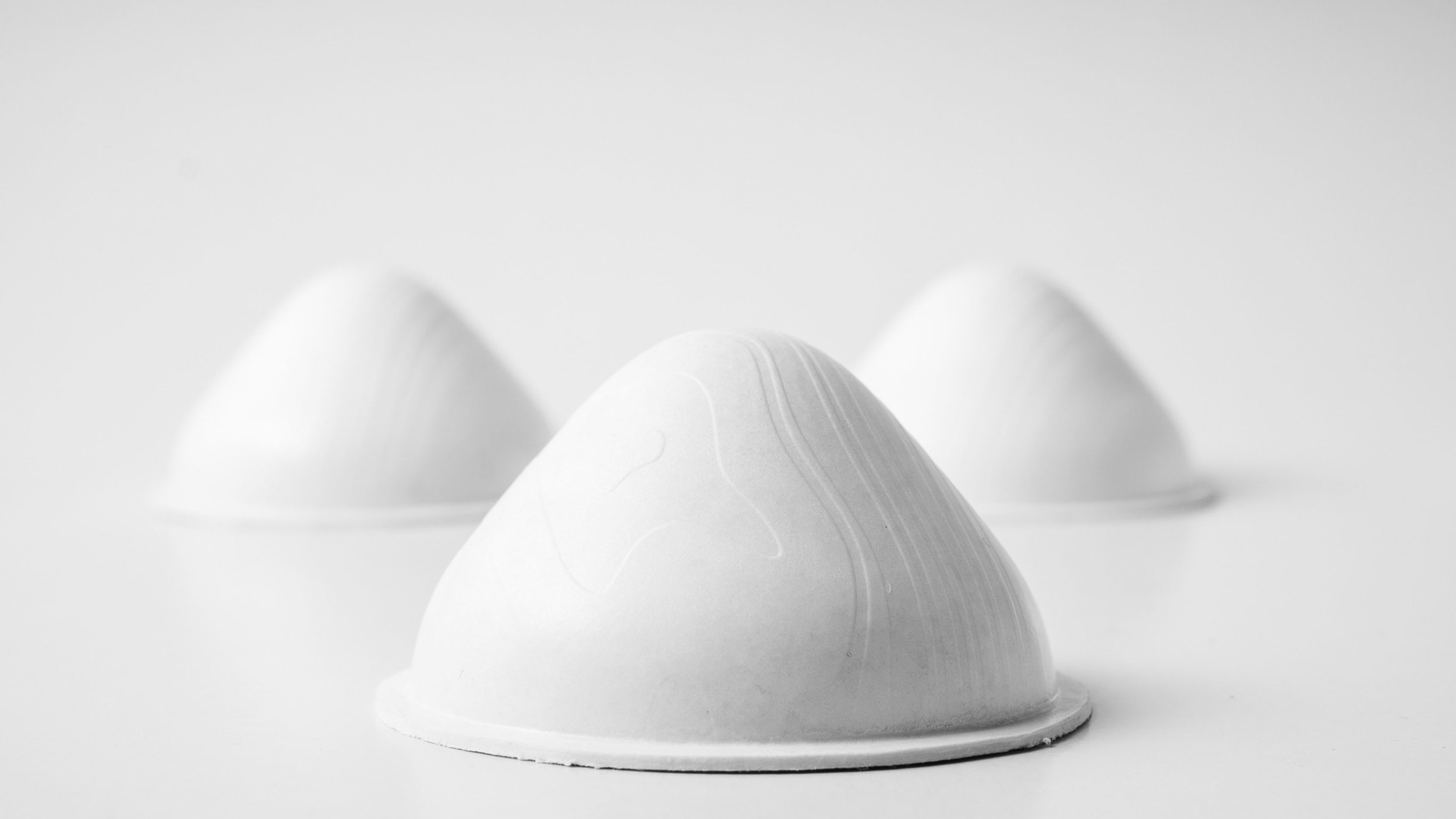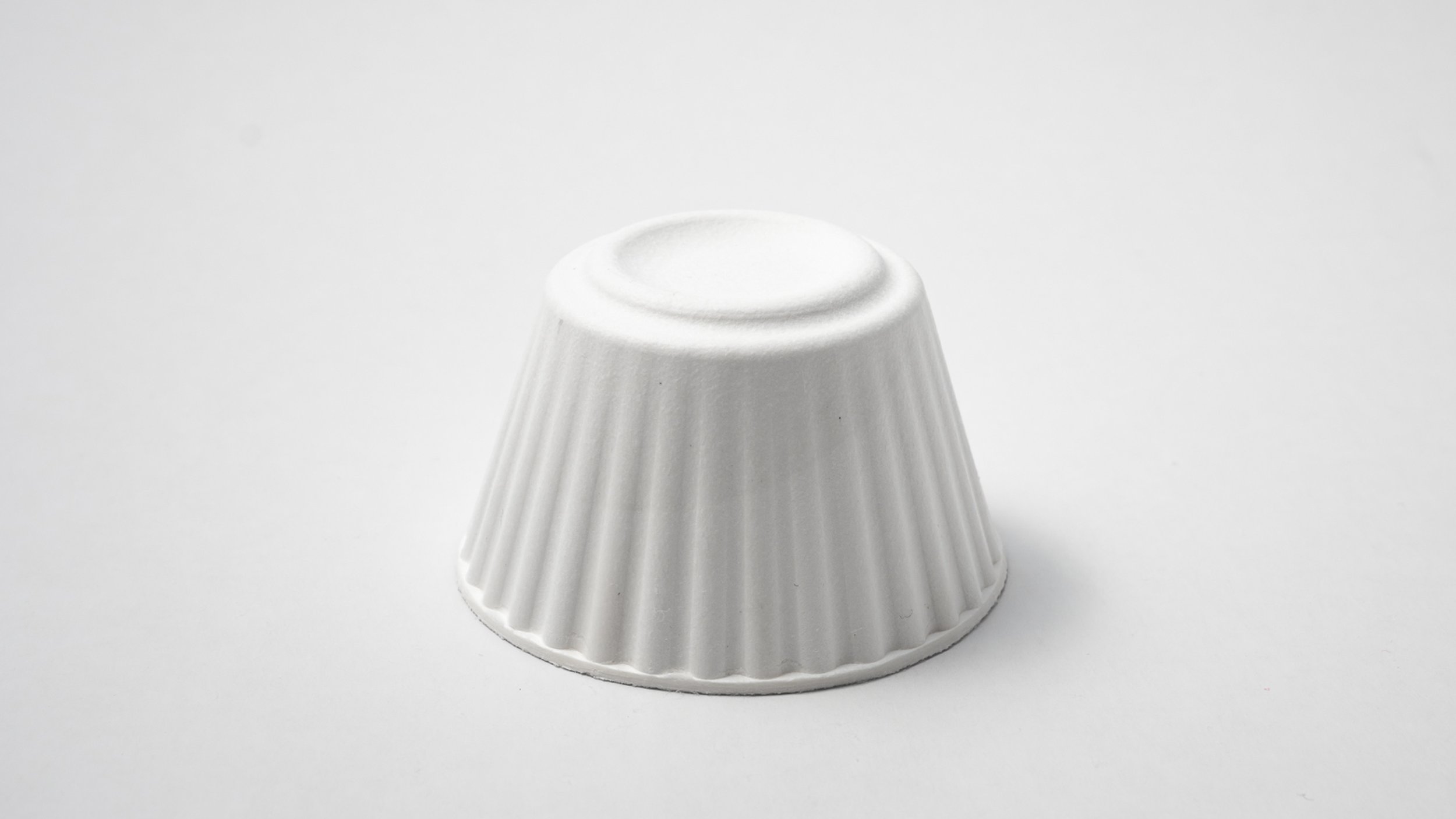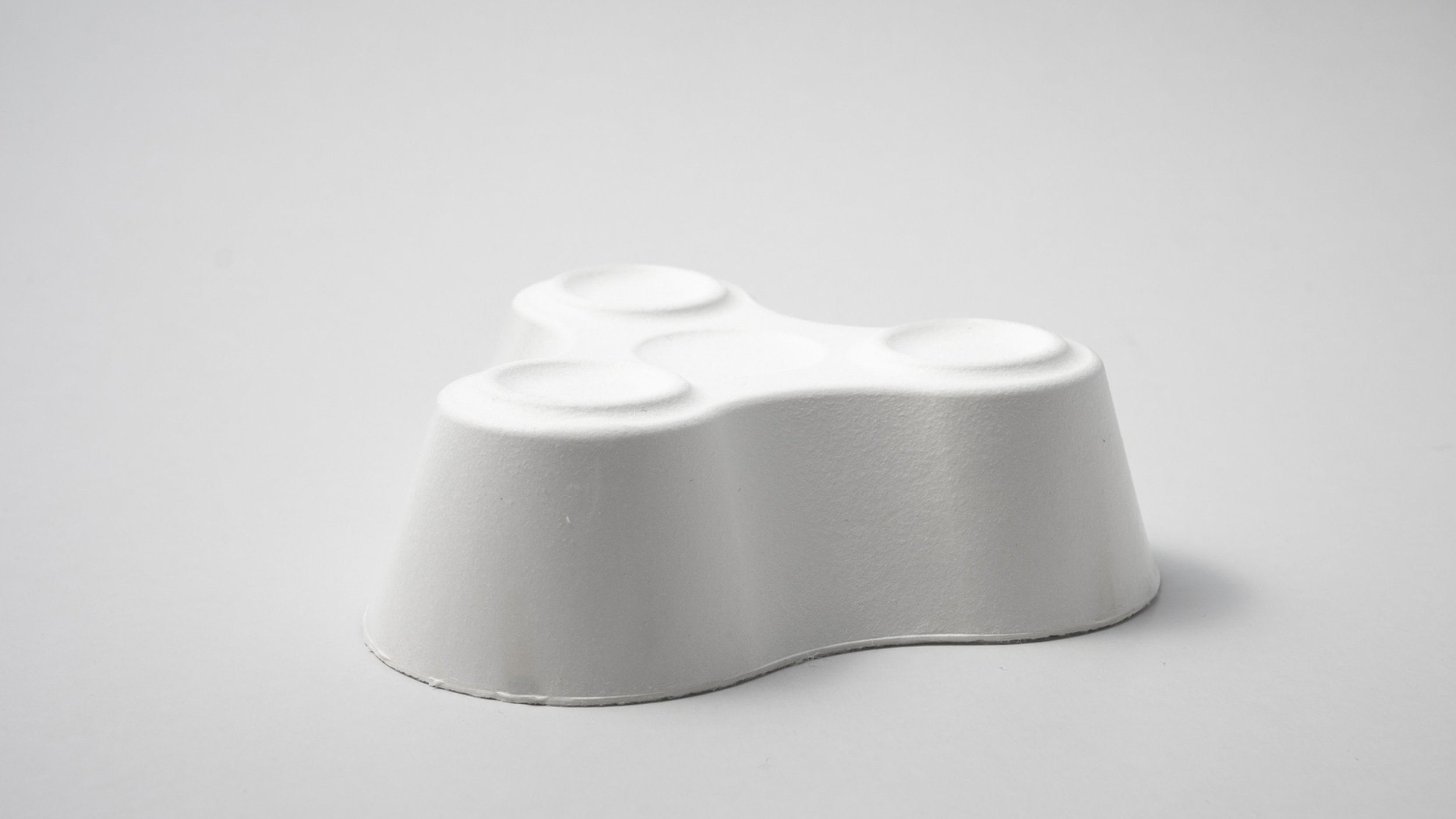Dry Forming Technology: A Climate-Defying Packaging Revolution for Urgent Sustainability
Amidst the relentless onslaught of climate change and the ominous spectre of environmental degradation, industries find themselves at a pivotal crossroads. The resounding call for change echoes through the air, and in response, businesses are urgently pivoting towards sustainable technologies.
At the forefront of this transformative wave stands Yangi’s dry forming technology, a beacon of hope that is reshaping the landscape of packaging manufacturing across diverse sectors. This cutting-edge approach not only propels efficiency to new heights but, more crucially, plants the seeds of sustainability deep within packaging production processes. In a world grappling with the looming environmental crisis, dry moulding (also known as dry forming) emerges as a powerful ally, steadfastly working to shrink the ecological footprint of packaging producers and brands alike. The time to embrace this innovative solution is now, as industries stand on the precipice of a sustainable revolution.
Understanding Dry Moulding Technology
Dry moulding is a manufacturing process where products are created using dry materials without the need for water or other liquid binders commonly used in traditional moulding processes. This innovative technology is particularly relevant in the context of fibre-based packaging, where it offers a sustainable and environmentally friendly alternative to conventional methods.
Cellulose-Based Packaging
In dry moulding for packaging, the raw materials, derived from renewable sources like wood pulp are mixed in a dry state. The absence of water eliminates the need for energy-intensive drying stages, reducing overall energy consumption in the production process. This method is versatile and finds applications in various industries, including the manufacturing of moulded pulp packaging and other fibre-based packaging solutions.
Dry moulding hits hard in the battle against climate change, making a significant impact that encompasses:
Reduced Energy Consumption
Dry moulding technology typically requires lower energy inputs compared to conventional wet processes. The absence of water in the moulding process eliminates the need for energy-intensive drying stages, resulting in decreased overall energy consumption. This reduction in energy usage not only cuts operational costs but also lowers the carbon footprint associated with production.
Minimal Water Usage
Traditional moulding techniques often demand significant amounts of water for mixing, shaping, and curing. Dry moulding eliminates the need for water, mitigating the strain on water resources and reducing wastewater generation. This not only addresses water scarcity concerns but also minimizes the environmental impact associated with water treatment and disposal.
Waste Reduction
Dry moulding technology promotes precision in material application, minimizing waste generation. With precise control over the amount of dry material used and control over trim waste during the cutting process, manufacturers can optimize their production processes, resulting in fewer rejects and reduced material wastage. This efficiency not only enhances cost-effectiveness but also aligns with sustainable practices.
CO2 Emission Reduction
The reduced energy consumption, minimized waste and faster cycle time associated with dry molding contribute to lower greenhouse gas emissions. By adopting this technology, industries can play a crucial role in mitigating climate change by curbing the release of harmful pollutants into the atmosphere.
Impact on Climate Change
Climate change is a pressing global issue, and industries play a pivotal role in either exacerbating or mitigating its effects. The adoption of dry molding technology represents a positive step towards sustainability, as it aligns with the goals of reducing resource consumption, minimizing waste, and lowering greenhouse gas emissions.
Dry moulding technology stands as a beacon of sustainability in packaging manufacturing, offering a path towards more environmentally friendly and efficient production processes. By embracing this innovative approach, packaging producers and brands can not only improve their bottom line but also contribute to global efforts to combat climate change. As the world continues to grapple with environmental challenges, the importance of adopting sustainable technologies like dry moulding cannot be overstated. It is a testament to the fact that progress and environmental stewardship can go hand in hand, paving the way for a more sustainable and resilient future.
Attention Packaging Producers and Brands
It's time to embark on a transformative journey towards sustainability. Embrace the future of packaging with Yangi's groundbreaking dry forming technology, Cellera, a turnkey state-of-the-art manufacturing machine platform that comes with customised packages of value-added services to meet your specific manufacturing and packaging needs.
Revolutionize your approach, reduce environmental impact, and meet the growing demand for eco-friendly solutions. Join us in creating a world where cellulose-based packaging becomes the norm. Act now for a greener, more sustainable tomorrow. The time for change is now – choose Cellera, choose sustainability.










